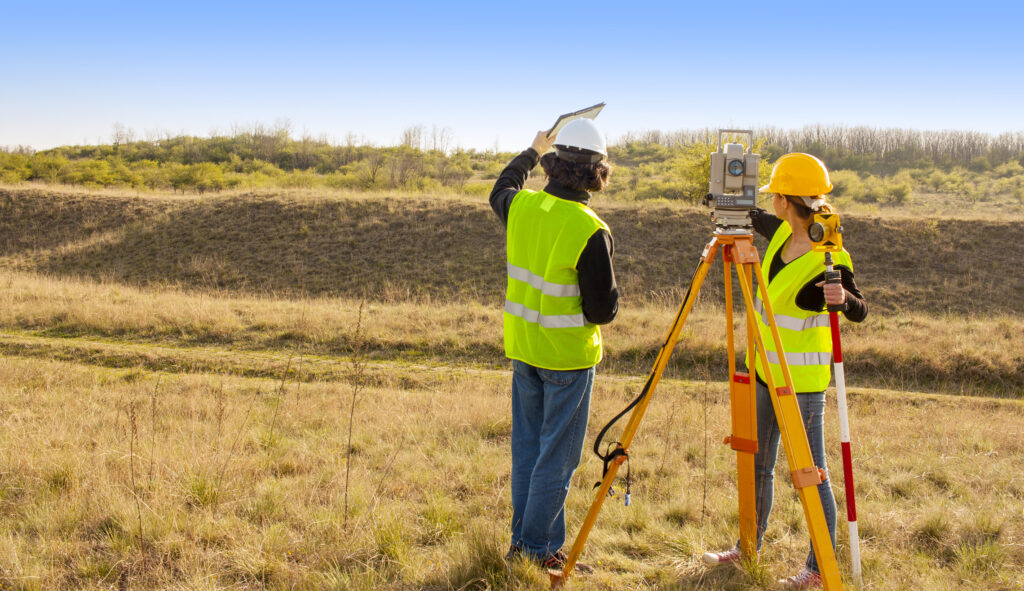CHALLENGES OF LAND SURVEYORS
Land surveyors play an essential role in the development of infrastructure and land management. They are responsible for measuring, mapping, and defining the boundaries of land, as well as determining the physical features and characteristics of a given area. However, being a land surveyor is not without its challenges. In this article, we will discuss some of the challenges that land surveyors face in their line of work.
- Adverse weather conditions: One of the most significant challenges that land surveyors face is working in adverse weather conditions. Surveying often involves working outdoors in all kinds of weather, including extreme heat, cold, rain, and snow. Surveyors must be able to work in these conditions to get the job done, which can be both physically and mentally demanding.
- Safety risks: Surveyors often work in remote or challenging terrain that can pose significant safety risks. These risks can include exposure to hazardous materials, falling from high elevations, and encountering dangerous animals. Surveyors must take the necessary precautions to ensure their safety while on the job.
- Access to land: Accessing land can be a challenge for surveyors, especially when the land is privately owned or in a remote location. Getting permission to access the land and setting up equipment can take time and effort.
- Accuracy: The accuracy of land surveys is critical, and surveyors must be meticulous in their measurements and calculations. Errors in measurements can lead to legal disputes, which can be costly and time-consuming.
- Technological advancements: As technology advances, land surveyors must keep up with the latest tools and techniques. This can require additional training and investment in new equipment and software.
- Legal regulations: Land surveyors must follow legal regulations and standards set by local, state, and federal governments. Failure to comply with these regulations can result in legal consequences.
- Time constraints: Surveyors often work on projects with tight deadlines. This can create pressure to work quickly, which can compromise the accuracy of the survey.
In conclusion, land surveying is a challenging and demanding profession that requires precision, attention to detail, and the ability to work in adverse conditions. Surveyors must be prepared to face a range of challenges, from adverse weather conditions to legal regulations, to ensure that their work is accurate, safe, and compliant with standards and regulations. Despite these challenges, the work of land surveyors is critical to the development of infrastructure and land management and remains an essential profession in the modern world.


